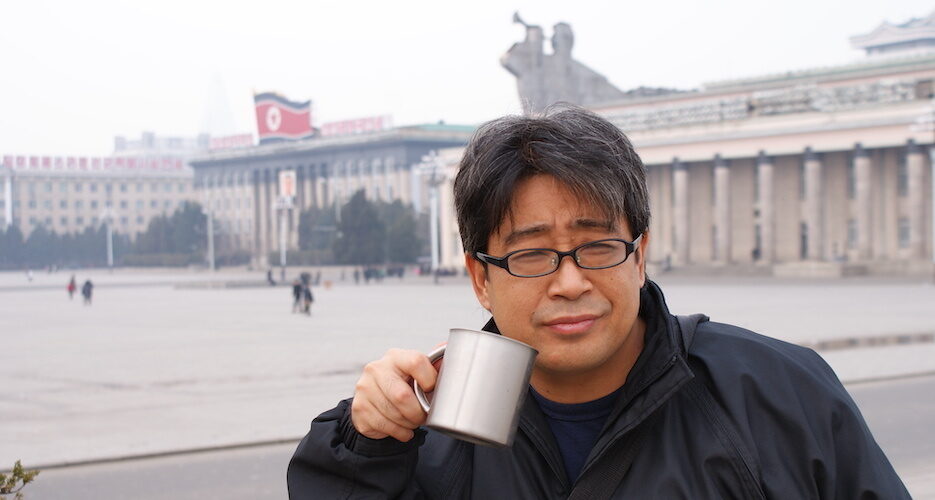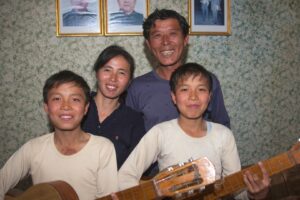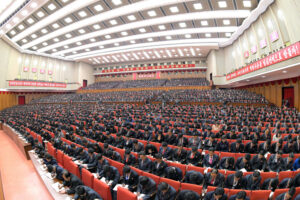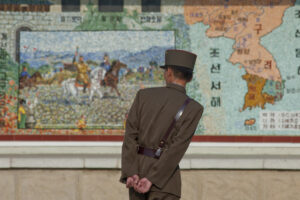Most North Korea watchers and researchers are lucky if they can visit the country a couple of times in their lives, but Masayuki Aramaki has gone more than 30 times over the course of 20 years.
Describing himself as a “photo documentarist,” Aramaki’s numerous trips to the DPRK give the impression that he has greater access than the average foreigner.
Most North Korea watchers and researchers are lucky if they can visit the country a couple of times in their lives, but Masayuki Aramaki has gone more than 30 times over the course of 20 years.
Describing himself as a “photo documentarist,” Aramaki’s numerous trips to the DPRK give the impression that he has greater access than the average foreigner.
Become a member for less than $4 per week.
Unlimited access to all of NK News: reporting, investigations, analysis
The NK News Daily Update, an email newsletter to keep you in the loop
Searchable archive of all content, photo galleries, special columns
Contact NK News reporters with tips or requests for reporting
Get unlimited access to all NK News content, including original reporting, investigations, and analyses by our team of DPRK experts.
Subscribe now
All major cards accepted. No commitments – you can cancel any time.










